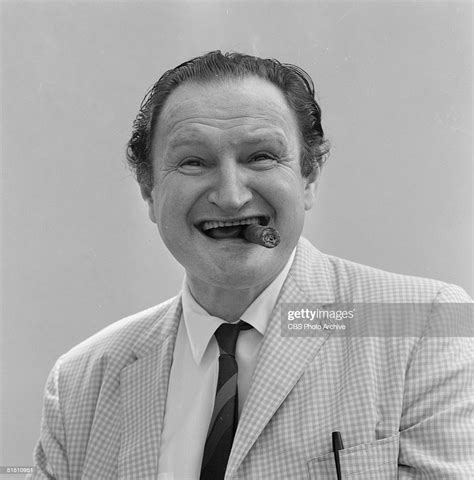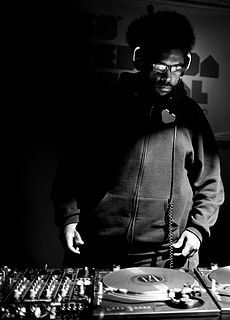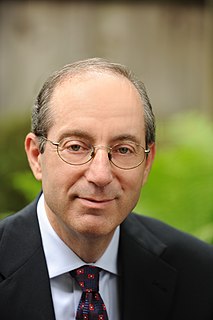A Quote by Kitty Kelley
Most historians agree that Abraham Lincoln was the most important man to ever occupy the White House because he abolished slavery and kept the states united through a bloody civil war.
Related Quotes
What I'm slowly realizing is that I believe that most of us felt that we could relax a little bit after November 2, 2008, because of the progress and the spirit that it took to get Barack Obama in The White House. And what we didn't realize, is that was really the beginning. That was really the beginning of the struggle and not the end of a struggle, to come from colonial times through slavery, through the Jim Crowe Laws, through the civil rights period to The White House as, like a point A/point B journey. Point B of course being the end.
What Abraham Lincoln had to face was a culturally and politically cohesive bloc of states comprising half the country, refusing to discuss even the limitation of slavery; while he had only the most feeble means of enforcement. The British and the French could do their emancipating at a distance; Lincoln had armed resistance almost literally at his doorstep.
I've been reading about and writing about the Civil War period and it is so striking that slavery was never made right - [Abraham] Lincoln was killed, Reconstruction came along, and all of that inequity was frozen in place and carried forward rather smugly. So I think the burden is now upon us white people, to say that this systemic inequality offends us.
The fact that an African American sits in the White House at the helm of government in the United States of America on this 150th anniversary of Abraham Lincoln's Emancipation Proclamation represents both phenomenal political symbolism and a victory of faith in democracy that should not be lost on any American.
Why did John Wilkes Booth do it? In My Thoughts Be Bloody young historian Nora Titone is one of the few to have genuinely explored this question. In doing so, she has crafted a fascinating psychological drama about one of the central events of the Civil War: the assassination of Abraham Lincoln. This book promises to stimulate lively historical debate, and will be a treat for every Civil War buff who always pondered that haunting question, “what made him pull that trigger?” Bravo on a marvelous achievement.
I don't know that there has ever been a time when Abraham Lincoln didn't stand head-and-shoulders above all other presidents in the historians' eye. But relatively speaking, there have been peaks and a troughs. One peak was in the 1910s-20s; a major trough was in the 1970s-80s. We are certainly on a peak again, something which began in 1994 with Michael Burlingame's 'The Inner World of Abraham Lincoln,' which showed in fabulous detail how many new and untapped sources were available on Lincoln.
Abraham Lincoln was, in my judgment, in many respects, the grandest man ever President of the United States. Upon his monument these words should be written: "Here sleeps the only man in the history of the world who, having been clothed with almost absolute power, never abused it, except upon the side of mercy."
































